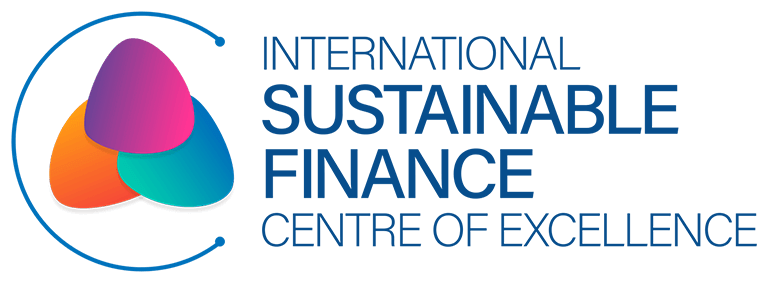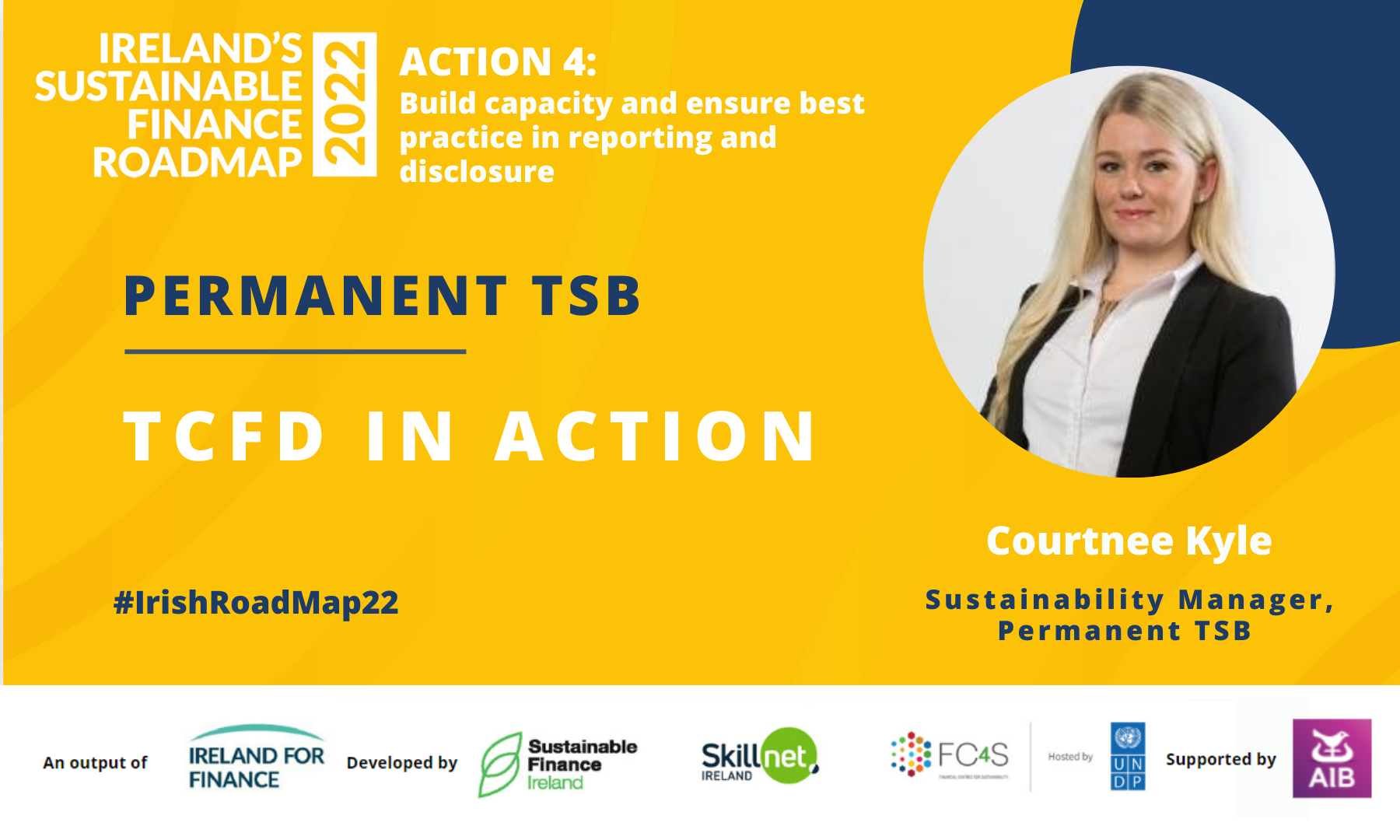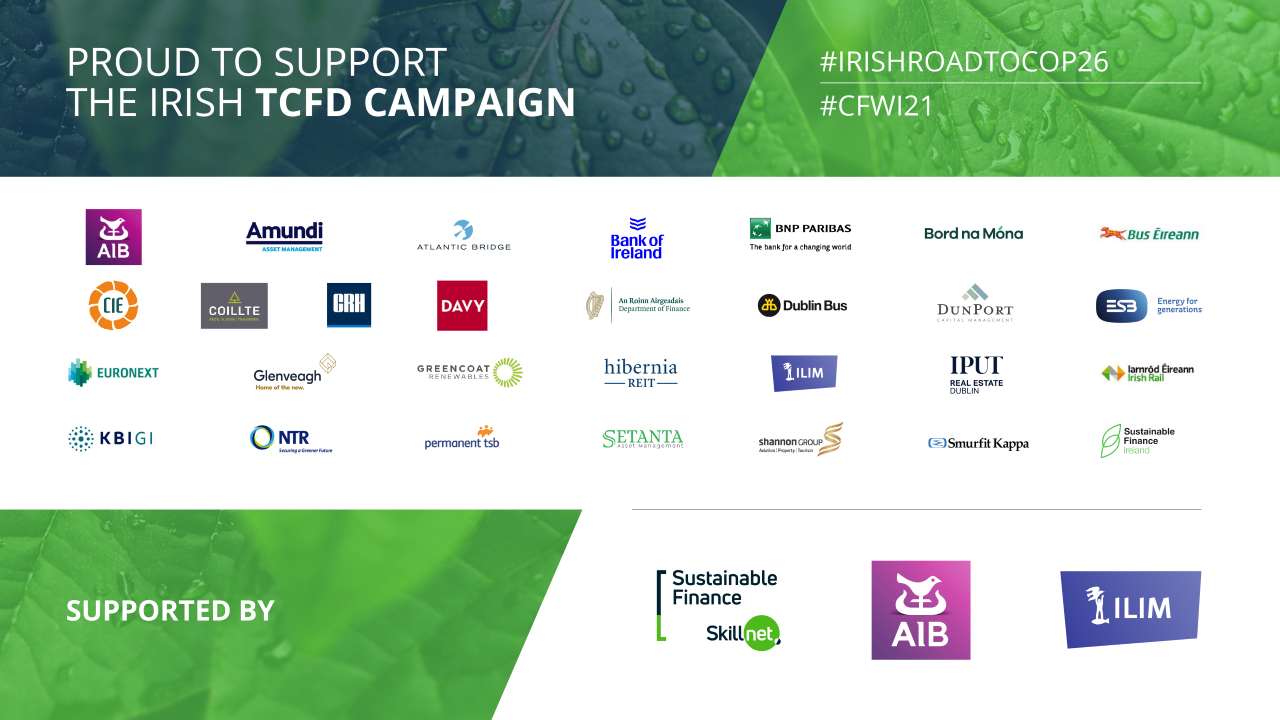Report Key Findings – Part One: Data Availability & Quality
Our new report ‘Charting the Course: Insights into Ireland’s Sustainable Finance, ESG Reporting, and Disclosure Landscape’ reveals that the Irish financial sector faces significant challenges with data granularity, highlighting a clear requirement for more refined data at both domestic and international levels of reporting.
Additionally, compliance with timely disclosures remains a persistent issue, highlighting the need for enhanced data management systems.
Currently, the Irish Financial Services Sectors faces a demand for refined data granularity to fulfil both EU and international sustainable finance reporting mandates. As sustainability considerations gain traction, the call for more detailed and nuanced data points has intensified. Institutions are racing to refine and possibly overhaul their data management systems to meet these exacting requirements.
How can we tackle the issue of granularity of data?
- Adopt Advanced Data Management Tools: To enhance granularity, institutions can explore sophisticated digital tools tailored to their specific needs. These platforms offer comprehensive solutions to refine data collection, ensuring granularity that aligns with international standards.
- Routine Audits: By instituting regular audits, institutions can continually monitor their data collection practices. These audits can serve as checkpoints, identifying discrepancies and ensuring that the data being collected remains relevant and precise. Regular internal checks, be it bi-annual or quarterly, can provide invaluable insights and drive data quality enhancement.
How can we tackle the issue of timeliness?
- Implement Robust Data Collection Systems: Investing in state-of-the-art data collection systems is not just a luxury but a necessity. These systems can provide real-time data extraction capabilities, ensuring that institutions always have the most up-to-date data at their fingertips.
- Use Digital Tools for Efficient Reporting: Automation can be a game-changer in the reporting cycle. Automated tools and platforms can process vast amounts of data swiftly, ensuring timely and accurate reporting. Embracing such tools can help institutions remain ahead of the curve, consistently meeting, if not exceeding, regulatory timelines





